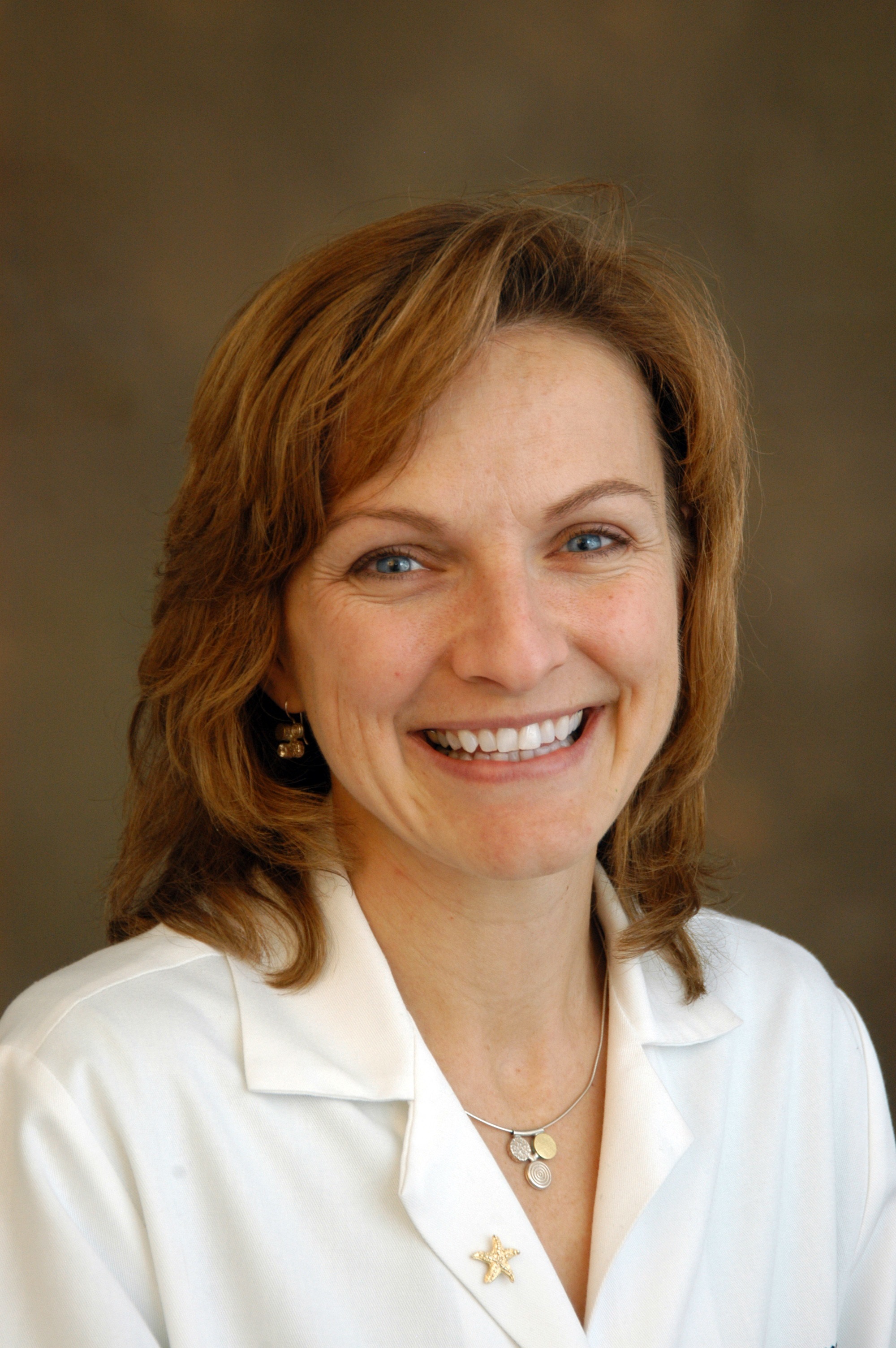Takeaway
Constant critiques on women’s bodies and dress means physicians who identify as female must spend energy ensuring they look as they “should” to patients and colleagues. This energy is better focused on giving clinically excellent care.

Lifelong Learning in Clinical Excellence | November 24, 2020 | 2 min read
By Colleen Christmas, MD, Johns Hopkins Medicine
We’re re-featuring this piece today in recognition of International Women’s Day 2025.
In American society, people who identify as women are commonly viewed as objects of beauty; and as objects, it’s common for both women and men to critique how women look. In medicine, it’s no different. As a woman, very often the first thing patients, male or female, say to me when I walk into the room, is some comment about my appearance. “Have you gained/lost weight?” “Are you growing your hair out?”
When I got my nose pierced one of my patients told me straight out, “I don’t like it. You shouldn’t have ruined your face like that.” I really wanted to tell her I never asked for her approval. Another time one of my male patients commented that he really liked my dress and asked me to stand up and turn around for him. I declined to do so and felt uncomfortable the entire visit, especially when I had to examine him.
When I dress in the morning I pause to bend over in front of the mirror to ensure the cut on my blouse doesn’t show my bra when I lean over to examine someone’s heart, lest they try to look. (Surely my choice of clothing would be seen as at fault, not their wandering eyes.) Some studies describe that patients have certain preferences for how they expect clinicians of all genders to look. But should physicians, and particularly those who identify as female and thus are subject to more frequent outright critique, be allowed to express themselves as they choose in their clothing selection, or must they accommodate societal stereotypes? Should they demure when offered these unsolicited critiques? I’ve been engaged in debates with many clinicians I admire but who hold very different opinions about clothing and often link it to a sense of “professionalism.” But who defines what is “professional” in a field still largely dominated by white men?
Here are 3 ways a clinician might respond when encountering uninvited comments about appearance:
1. Emphasize your role as a professional.
“I try to dress in a way that conveys what an honor it is to be your physician. I take my job very seriously.”
2. Seek clarification.
“I’m surprised you commented on my nose ring. I wonder if you can tell me why it upsets you that your physician has a nose ring and why that’s important to you.”
3. Validate your own feelings.
“Mr. X, your asking me to twirl around for you makes me feel uncomfortable as your physician. I think we should stick to talking about your health.”
Note that none of these suggestion include thanking the patient, which dilutes the message and invites further objectification. Nor do they contain the words, “I’m sorry,” because in these scenarios the physician has suffered a microaggression and thus apology would be inappropriate.
Constant critiques on women’s bodies and dress means physicians who identify as female must spend energy ensuring they look as they “should.” This energy is better focused on giving clinically excellent care.
This piece expresses the views solely of the author. It does not necessarily represent the views of any organization, including Johns Hopkins Medicine.

